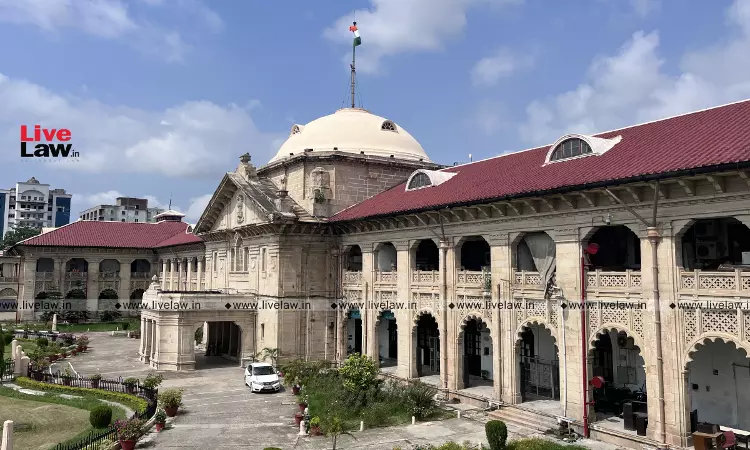Conditions Of Remand Not Followed, Allahabad High Court Sets Aside Arbitral Award Under NHAI Act In Writ Jurisdiction
Upasna Agrawal
6 March 2024 10:35 AM IST

Next Story
6 March 2024 10:35 AM IST
The Allahabad High Court has held that existence of an alternate remedy is not a bar to exercising jurisdiction under Article 226 of the Constitution of India.While exercising writ jurisdiction under Article 226 of the Constitution of India, the Court set aside an arbitral award passed by the District Magistrate/Collector, Jhansi acting as an Arbitrator under Section 3G(5) of the...
